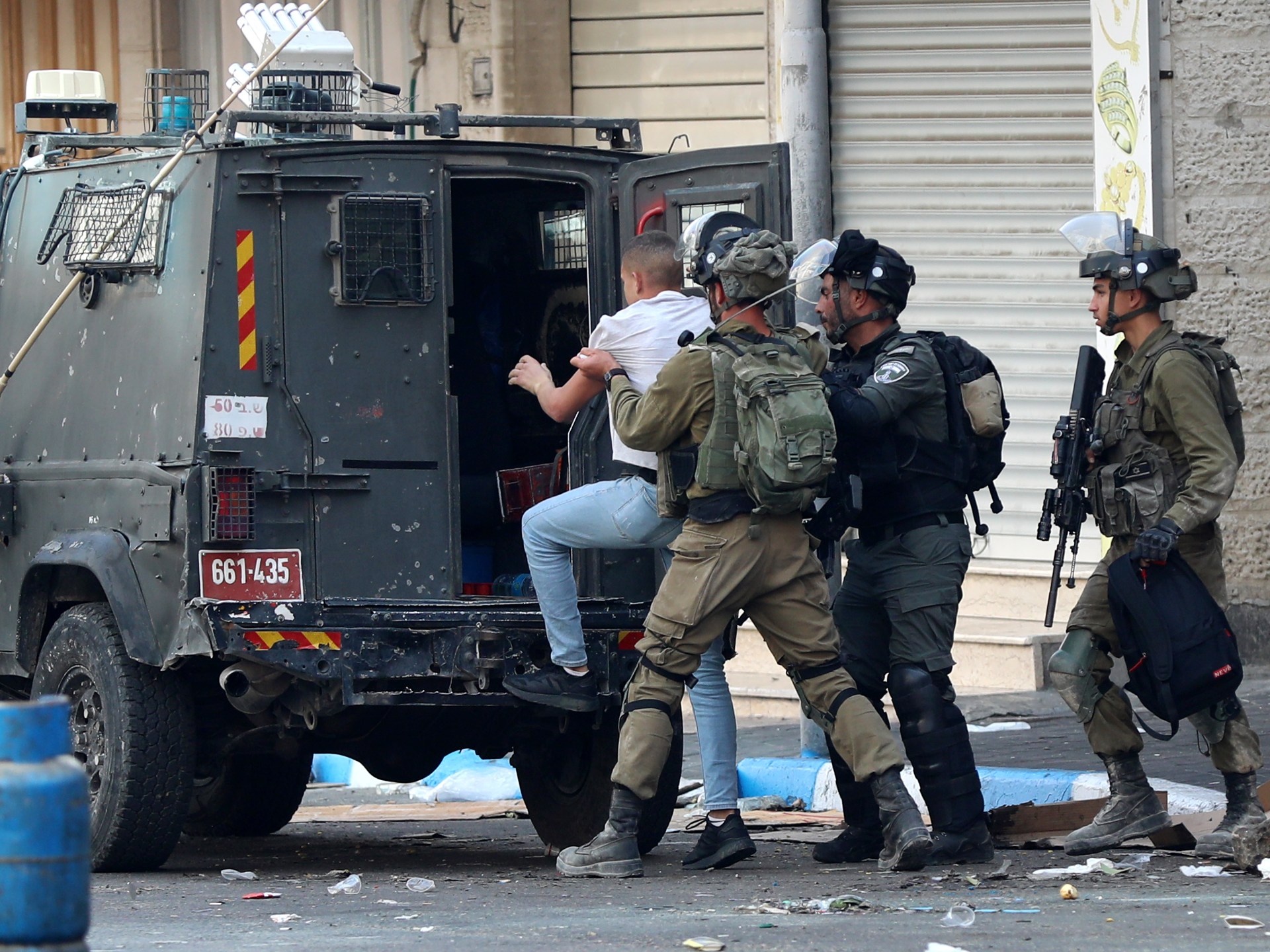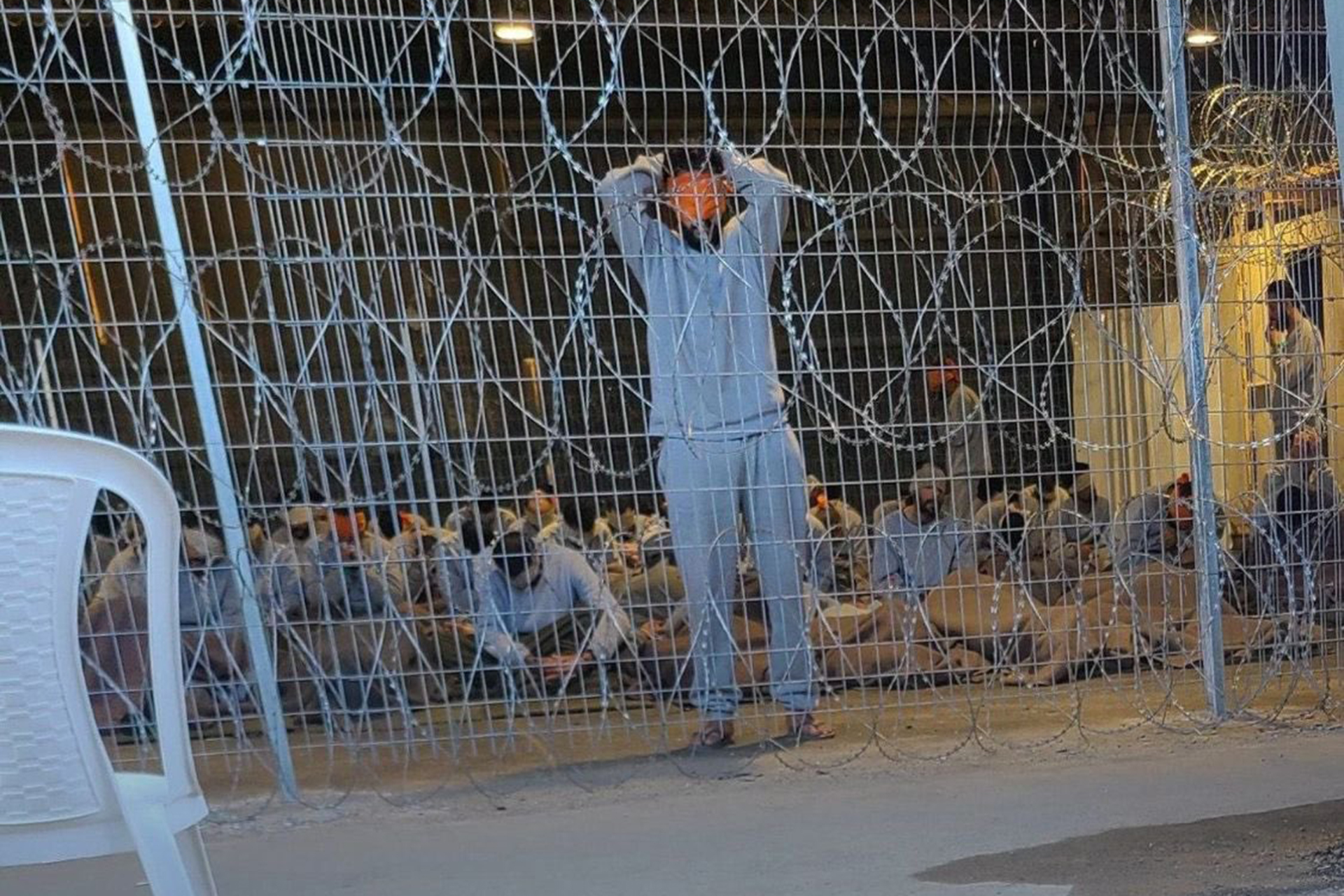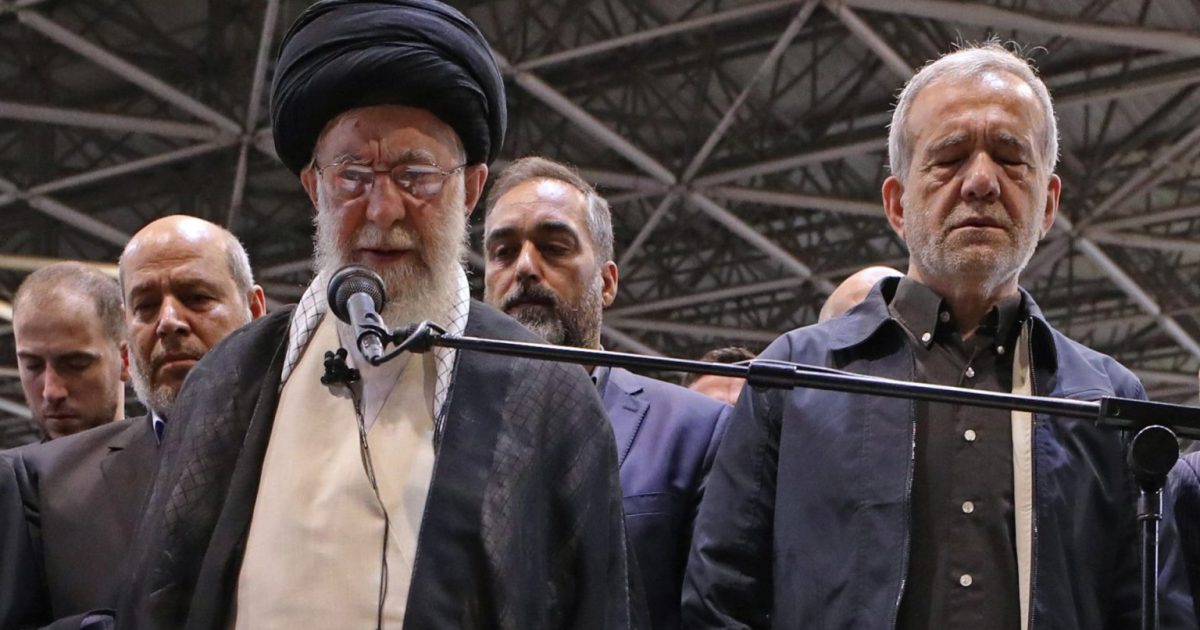Unveiling the Arbitrary Detention under Israel’s Illegal “Unlawful Combatants” Law
A Comprehensive Exploration
Introduction
Israeli authorities have wielded the “Unlawful Combatants” Law, enacted in 2002, as a tool to indefinitely detain individuals suspected of engaging in “hostile acts” against Israel or being part of a force carrying out such acts. This law has been used to detain Palestinian individuals from the Gaza Strip since 2005, denying them access to judicial review, due process, and fair trial.
Following the Israeli military offensive on Gaza in October 2023, Israeli authorities designated all detainees from Gaza as “unlawful combatants” and ordered their detention in the Shitim Detention Center. Israeli forces have detained thousands of Gazans under this law, mostly civilians, including the elderly, women, and children, who have faced various forms of torture, ill-treatment, and humiliation in Israeli military facilities.
Origins and Provisions of the Law
In 2000, the Israeli Supreme Court ruled against continued administrative detention of individuals who did not pose a personal threat to Israel’s security. As a result, Israel released 13 Lebanese nationals but kept two in detention: Mustafa Dirani and Abdul Karim Obeid.
To retain these prisoners as bargaining chips for information on Israeli soldiers missing since the 1980s Lebanon conflict, Israeli authorities enacted the “Unlawful Combatants” Law, which the Knesset passed in March 2002.
The law defines an “unlawful combatant” as someone “who directly or indirectly participates in hostile acts against Israel or is a member of a force carrying out hostile acts against Israel.” It allows authorities to detain individuals who commit hostile acts against Israel.
As per the law, Israeli authorities must bring detainees before a civilian district court within 14 days of arrest. The court is required to accept the authorities’ claim that a group constitutes a “hostile” force and that the detainee’s affiliation with it poses a risk to state security.
If the detention order is approved, the detainee is subject to judicial review every six months. They have the right to appeal the district court’s decision and seek a hearing before the Supreme Court, where cases are heard by a single judge under the same conditions as in the district court.
In July 2008, the law was amended to allow the Chief of Staff or any officer ranked Brigadier-General or above to issue an indefinite detention order if there is “reasonable cause” to consider the individual an “unlawful combatant” whose release would harm state security.
The Chief of Staff may also revoke the detention order if they believe the grounds for detention no longer exist or if new information warrants the detainee’s release.
In the same year, the Supreme Court ruled that detention under the “Unlawful Combatants” Law constitutes administrative detention and is subject to the same restrictions.
Since the law’s enactment in 2002, 15 Lebanese citizens have been detained, 11 of whom were captured during the 2006 Israel-Lebanon conflict. All Lebanese detainees have been released, with the last one freed in 2008.
Detention of Civilians
Since “disengaging” from the Gaza Strip in 2005, Israeli authorities have used the “Unlawful Combatants” Law to detain Palestinians from Gaza who they allege pose a threat to Israeli national security. During the Israeli military offensive on Gaza in late 2008 and early 2009, all Israeli detentions were made under this law.
Under this law, the Israeli military has been granted broad powers to detain any person from Gaza on suspicion alone, without having to provide evidence to substantiate those allegations.
The law has provided the Israeli military with legal cover to imprison civilians, denying them basic due process protections under international law, such as the right to see the evidence against them and a fair trial. Instead, the law places the burden on the detainee to prove they are not a threat, rather than the Israeli authorities having the responsibility to prove the charge by presenting evidence.
Israeli courts rely on “secret” Israeli intelligence reports, which judges are not required to review during hearings, under the pretext that the evidence cannot be disclosed for “security” reasons. The secrecy of the evidence prevents the detainee and their lawyer from mounting a defense or challenging the allegations.
Amendments to the Law After “Operation Breaking Dawn”
Following the “Operation Breaking Dawn” launched by Palestinian resistance groups against Israeli settlements in the Gaza envelope region on October 7, 2023, and the subsequent Israeli offensive on Gaza, Israeli Defense Minister Yoav Gallant issued an order on October 10 designating all detainees from the Gaza Strip as “unlawful combatants” and ordered their detention in the Shitim military camp.
A temporary amendment to the “Unlawful Combatants” Law was simultaneously passed, effective for ten weeks, allowing for the extension of detention without a detention order to 21 days from seven days, increasing the maximum period for a judicial review from 14 to 30 days, and permitting authorities to bar contact between detainees and their lawyers for 45 days, instead of seven days.
In December of the same year, Israeli authorities approved another temporary amendment to the law, allowing military officers ranked Lieutenant Colonel or the head of the investigations team of the Israel Security Agency to exercise the detention authority, which previously required higher-ranking officers.
The amendment also extended the period during which the Israeli military could detain Palestinians without issuing a formal detention order to 45 days.
The legislation further increased the maximum period of detention before a court appearance for judicial review to 75 days and extended the period during which a detainee could be denied access to their lawyer to six months, which was later reduced to three months.
In April 2024, Israeli authorities extended the amendment for another four months, and on July 28 of the same year, the Knesset voted to extend the amendment until the end of November.
Human Rights Violations
Under the provisions of the law, the Israeli military initially detained individuals it alleged were combatants in the October 7 attack on Israel. However, the military later expanded its use of the law to detain civilians from the Gaza Strip en masse.
According to Amnesty International, Israeli authorities detained at least 105 Palestinians from the Gaza Strip during the October offensive. The organization reported that Israel subsequently detained thousands of Gazan Palestinians holding entry permits to Israel, mainly workers, who were held for at least three weeks in two military bases inside Israel and the West Bank. While many were released, there is no clear data on how many detainees remained in custody.
According to HaMoked Center for the Defence of the Individual, 1,402 Palestinians had been detained under the “Unlawful Combatants” Law as of early July 2024, excluding those held during the unofficial grace period, which could be up to 45 days.
Israeli forces seized Palestinians from displacement centers, schools, homes, hospitals, and checkpoints throughout the Gaza Strip and transferred them to Israel proper, some for periods of up to 140 days.
Detentions included many civilians, including minors, women, and the elderly, among them doctors, human rights defenders, UN employees, and journalists. Israeli forces arrested mothers while they were crossing the so-called “safe passage” from northern Gaza to the south, separating them from their infants.
Gazan detainees are held in military facilities, including Shitim in the Negev Desert, Zikim base north of the Gaza Strip, Anatot camp, and Ofer prison in the West Bank.
The Israeli military refuses to allow the International Committee of the Red Cross to visit the detainees to verify their numbers and conditions.
Amnesty International has emphasized that Israeli authorities are exploiting the law to carry out arbitrary mass detentions of civilians from the Gaza Strip, including women and children, without following even the most basic due process requirements. They have denied detainees access to lawyers or contact with their families, sometimes amounting to enforced disappearances.
Detainees are subjected to harsh conditions of detention and suffer various forms of torture and ill-treatment, including severe beatings, electric shocks, burns with cigarettes and lighters, humiliation, starvation, harassment, sleep and toilet deprivation, threats of rape, and intimidation with dogs.
Amnesty International has uncovered reliable evidence of widespread torture and other forms of cruel and degrading treatment of detainees, including forced nudity in public for prolonged periods, which amounts to sexual violence.
The organization documented these atrocities through interviews with former detainees, relatives of prisoners, and their lawyers, as well as medical reports and analysis of video footage and photographs obtained by the organization.
In the Shitim military detention camp located in southern Israel, many Gazan Palestinians are imprisoned, far from the scrutiny of human rights organizations and the Red Cross, allowing Israel to violate the rights of detainees held under the “Unlawful Combatants” Law.
Physicians for Human Rights-Israel, a non-profit organization, has stated that hundreds of individuals are held in open-air cages, their hands cuffed, and their eyes blindfolded for the entire duration of their detention. They are prevented from moving or speaking and are subjected to regular violence, resulting in broken bones, internal bleeding, and sometimes death. The organization has confirmed that the Ministry of Health’s guidelines for the Shitim prison permit these abuses.
The Israeli military has informed the Haaretz newspaper that it is investigating the deaths of 40 detainees in Israeli custody, including 36 who died or were killed at the Shitim military detention center.
Breach of International Law
International law does not recognize the status of “unlawful combatant.”



